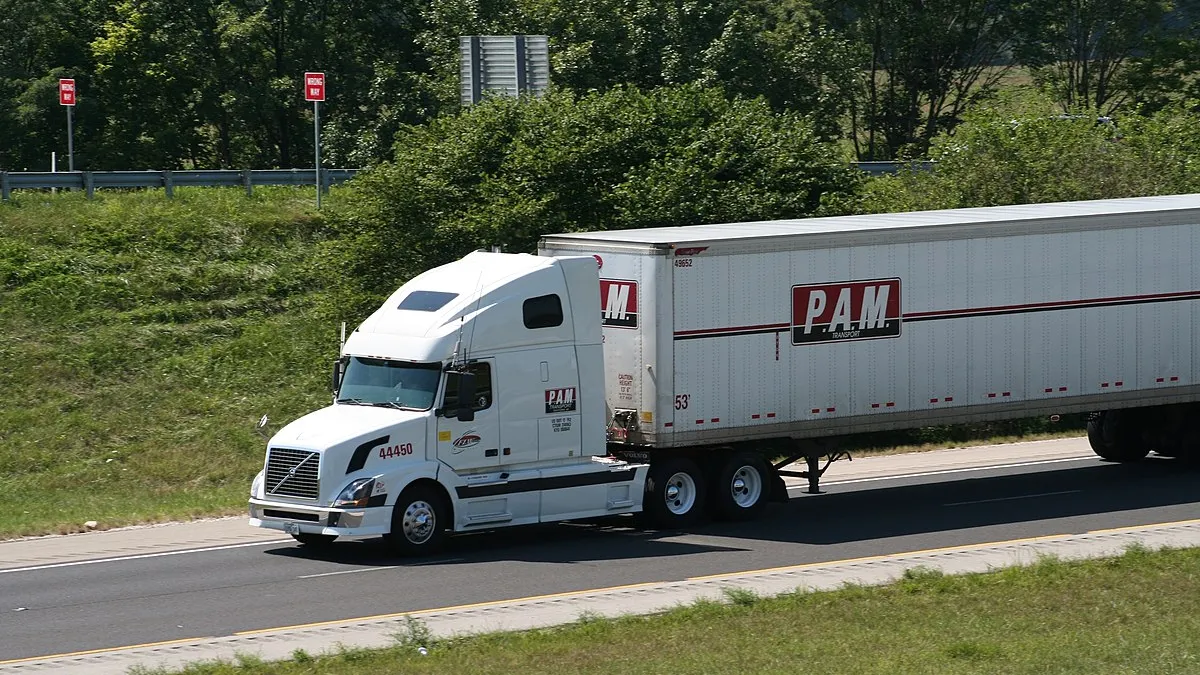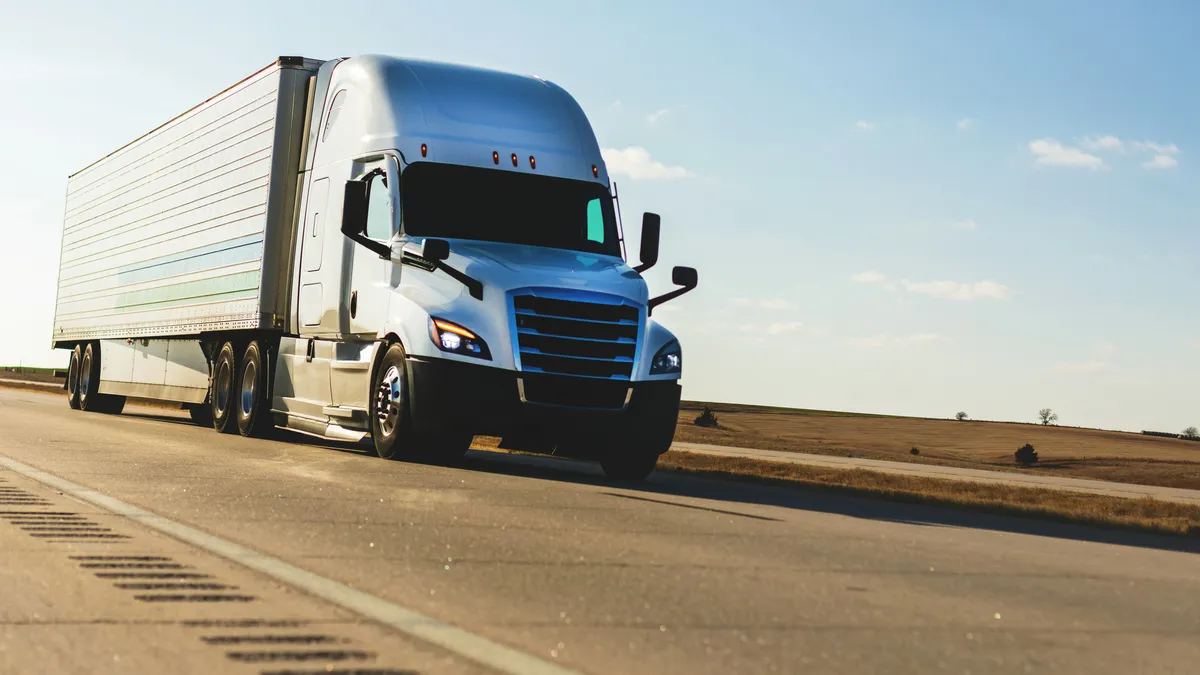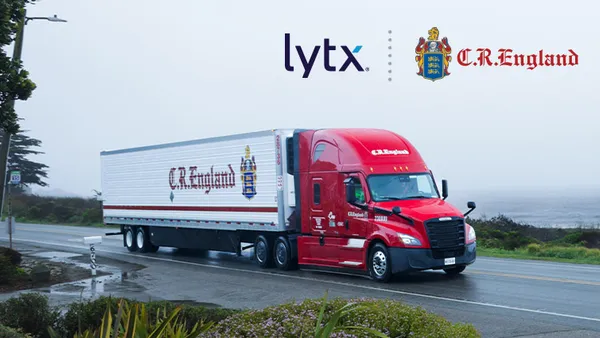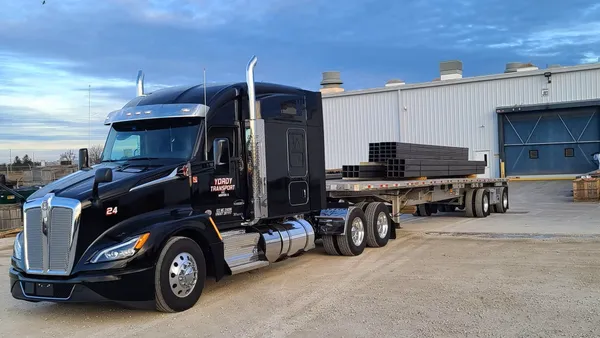Dive Brief:
- P.A.M. Transportation Services didn't receive all the trailers it ordered in 2022 and had to keep older trailers longer than the carrier would have liked, according to an earnings release.
- As a result, its trailer fleet increased from an average age of 5.5 years at the end of 2021 to 6.6 years a year later.
- Meanwhile, repair and maintenance costs “slightly increased” for the aging equipment, due more to parts and labor pricing than the frequency of repairs, the company said.
Dive Insight:
The setback in orders comes as trailer orders jumped in December, more than double the monthly amount from a year ago, per FTR data, a record crescendo to a 37% increase in orders for 2022 YoY.
PAM Transport was part of that demand. It planned to purchase 1,000 trailers while selling or trading aging equipment, according to an annual report filed in March 2022.
Aside from increased maintenance costs of those older trailers, the delay has put pressure on the equipment’s warranty coverage. The manufacturer of its trailers provides full warranties for up to seven years with certain components covered for up to 10 years.
The carrier is hardly alone in its order and upkeep challenges. Old Dominion Freight Line didn't get all of the equipment it ordered last year, and Covenant faced extra leasing and maintenance costs as it moved to aggressively replace its fleet.
Ryder System CEO Robert Sanchez said on an earnings call this month that his company expects OEM production constraints and delivery delays to continue throughout 2023.
“The issue we're having as we go into this year is the uncertainty around the deliveries from the OEMs,” he said. “We are expecting our fleet to grow 3,000 or 4,000 vehicles, but it's probably going to be more pushed out towards the tail end of the year, based on the allocation that we have today.”














